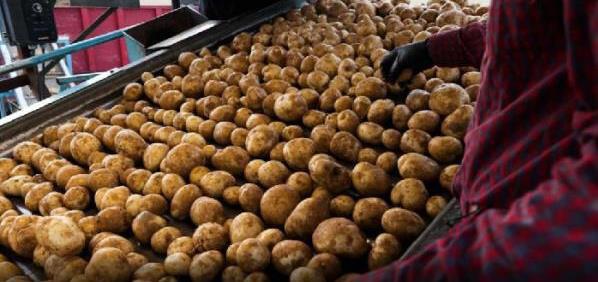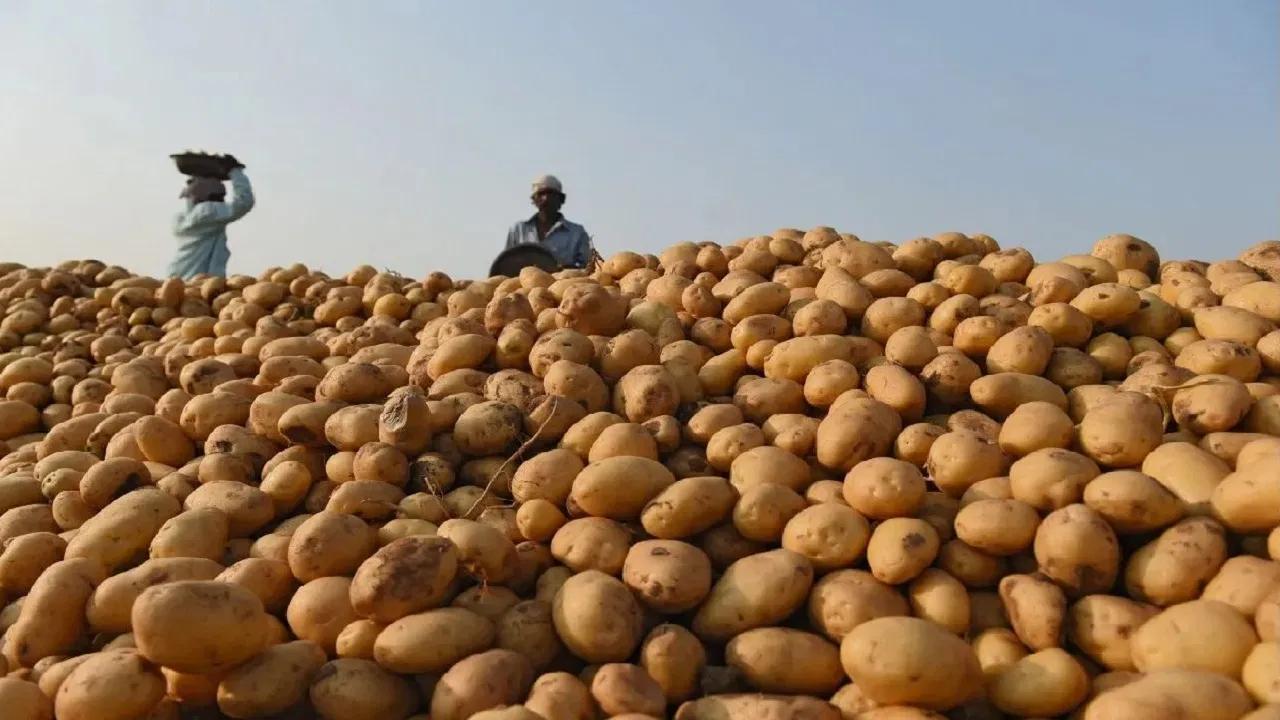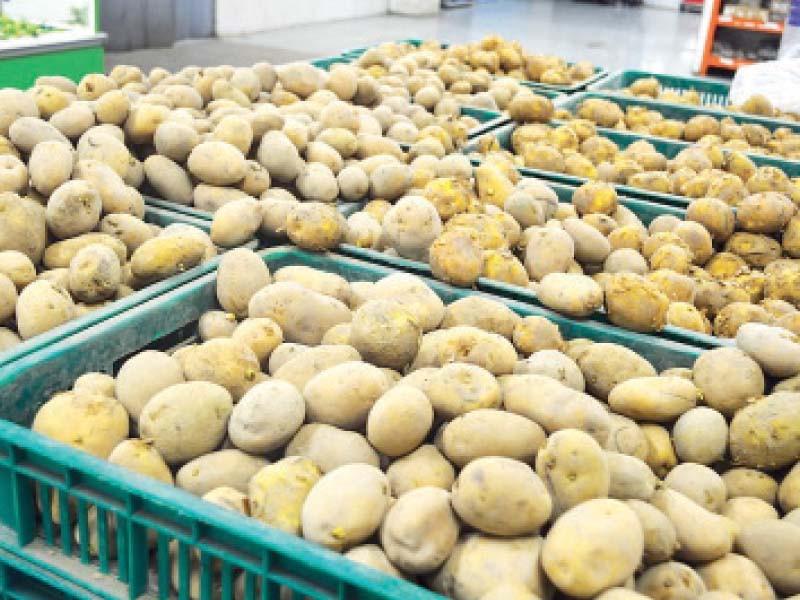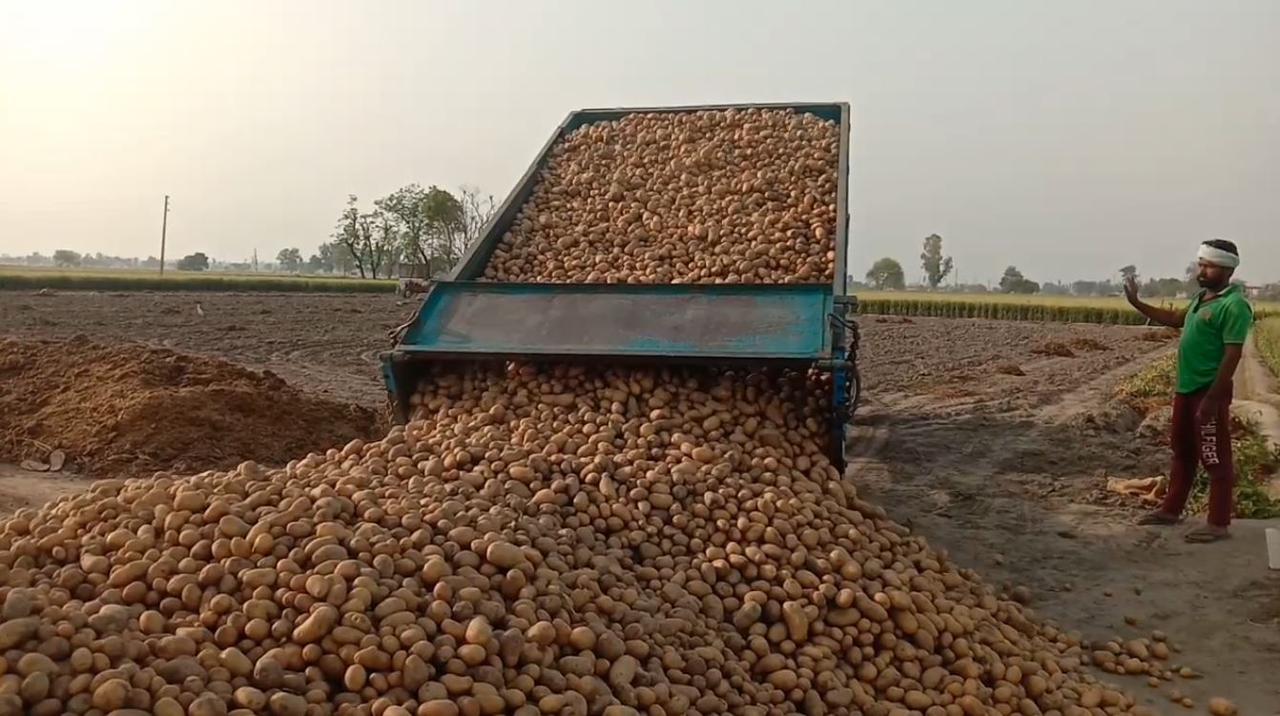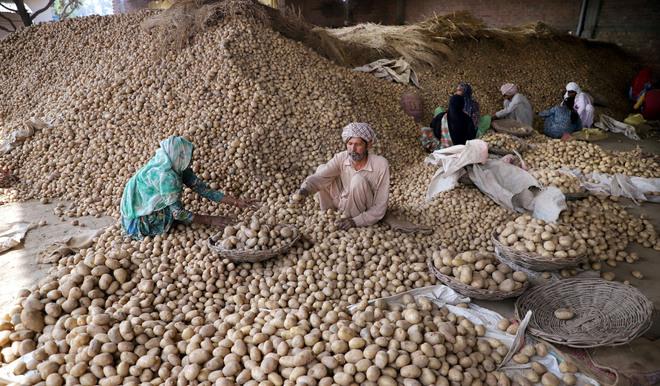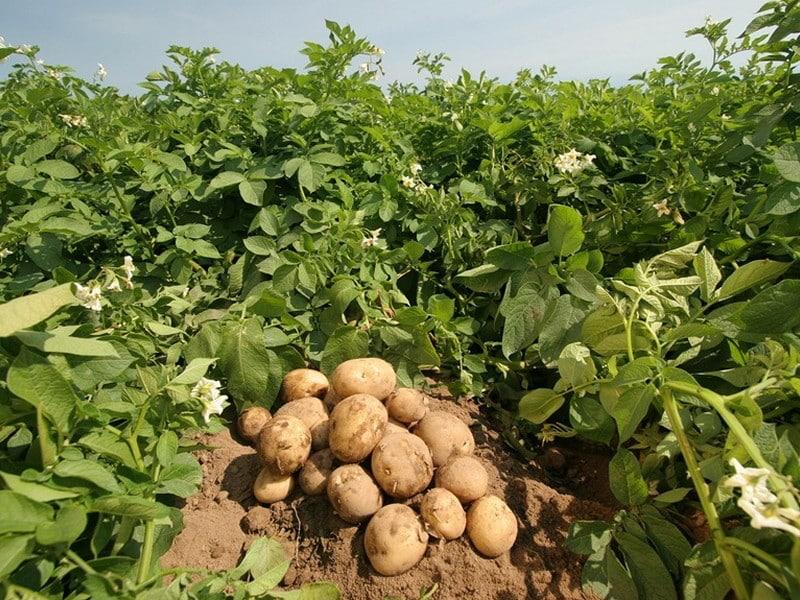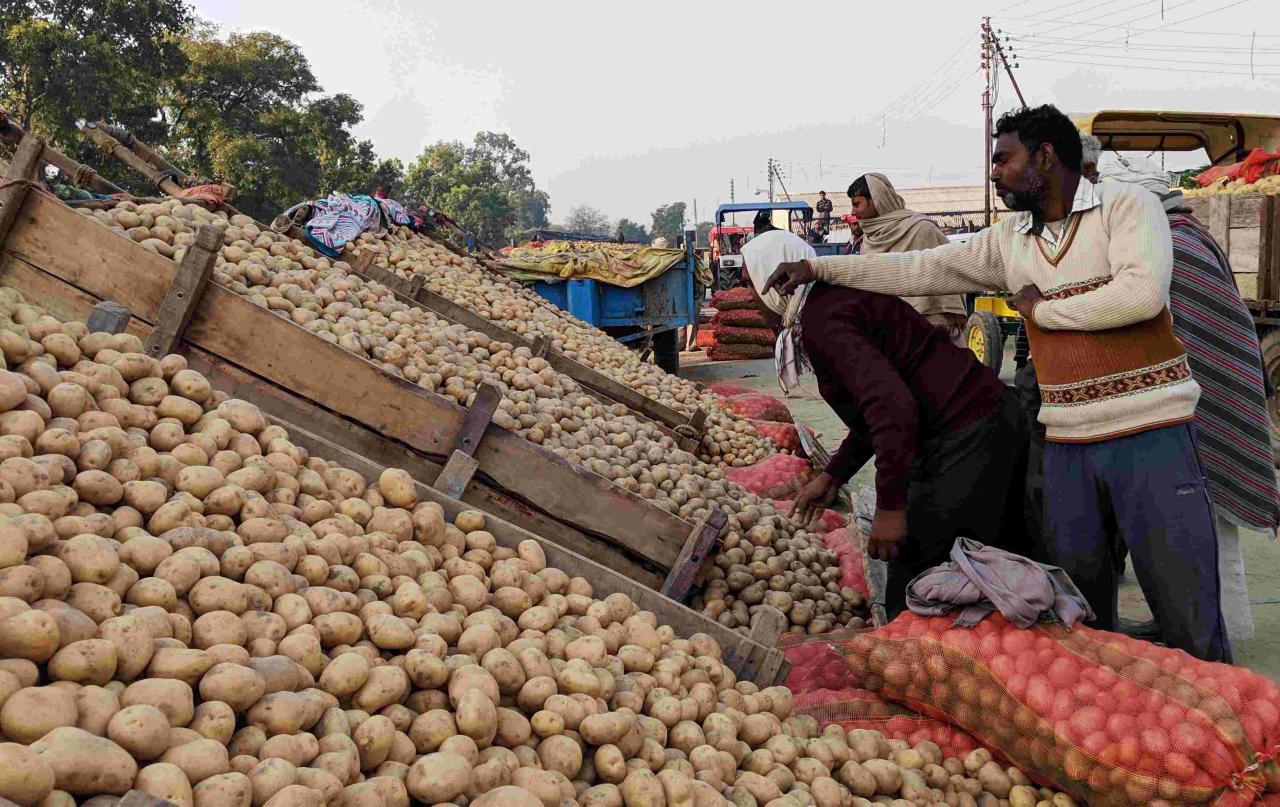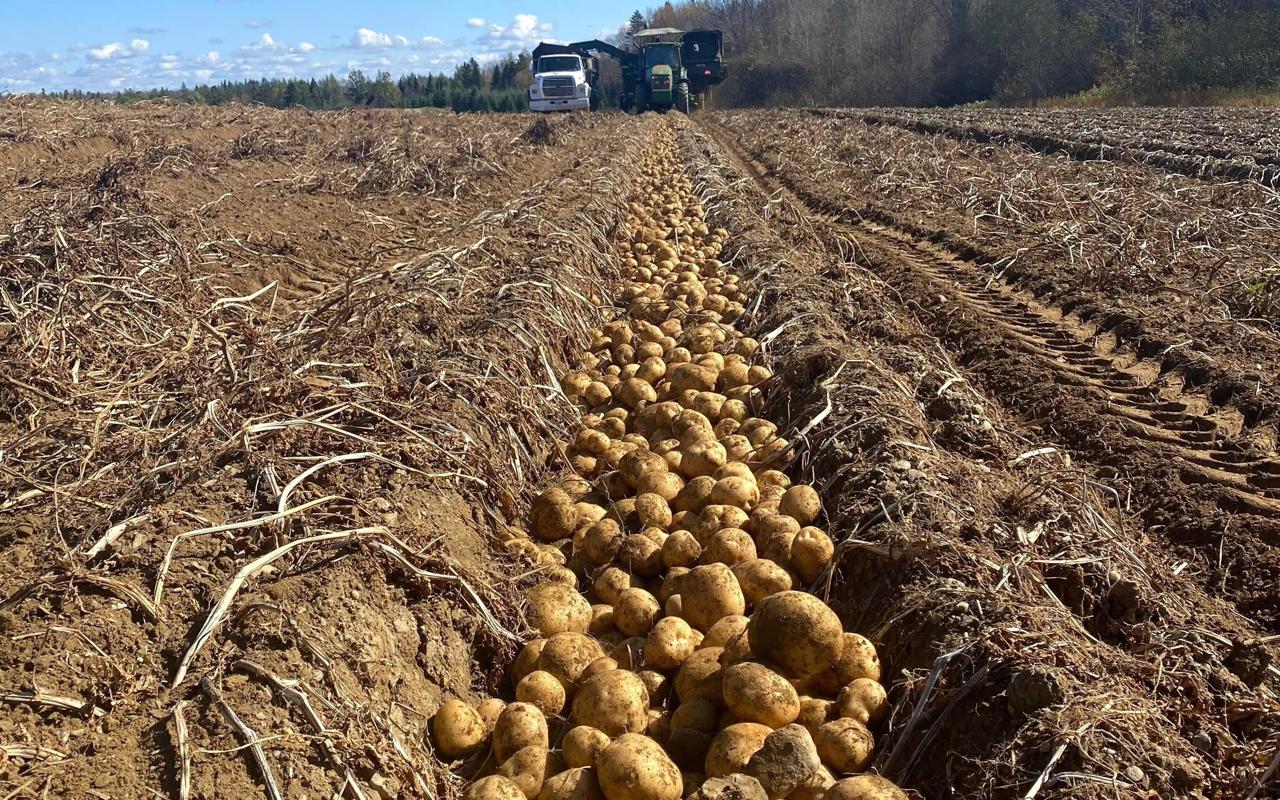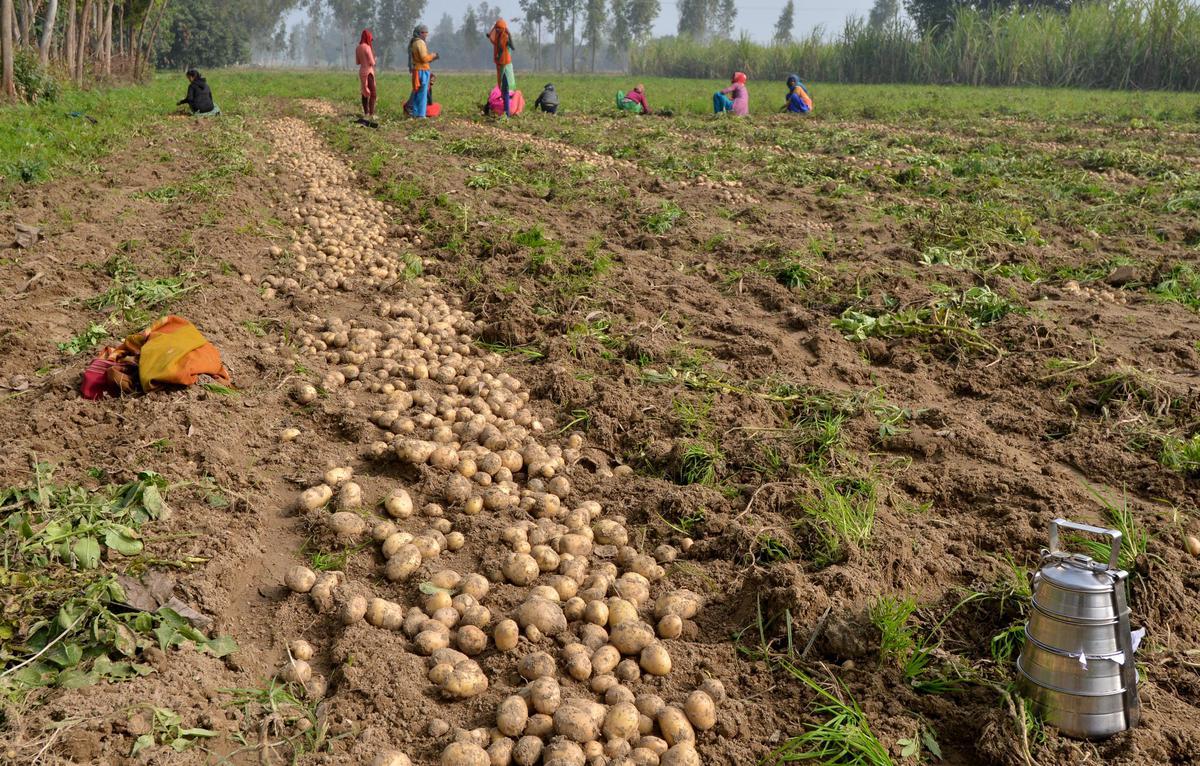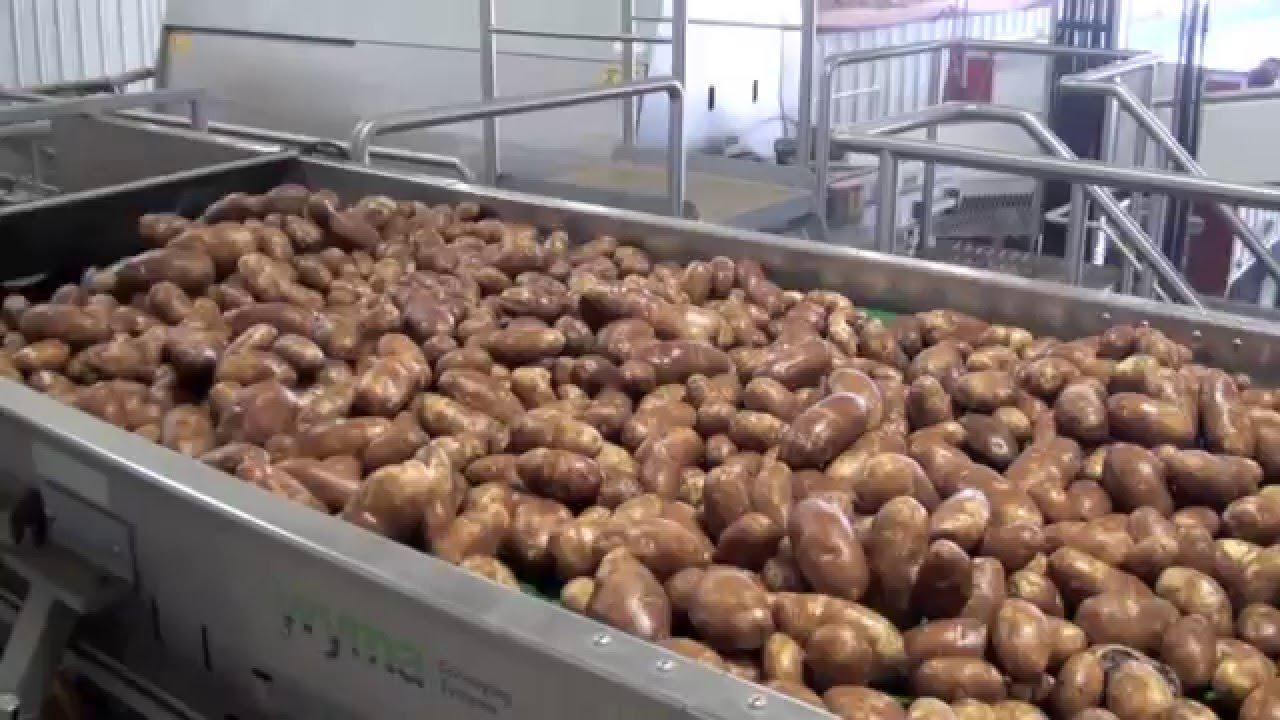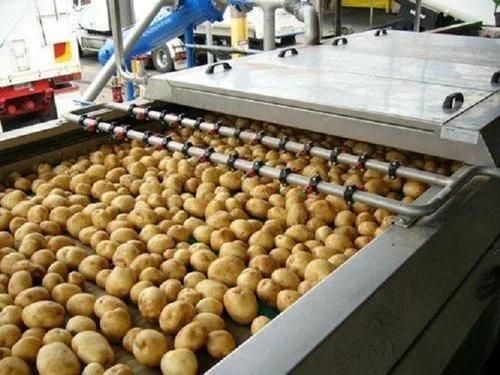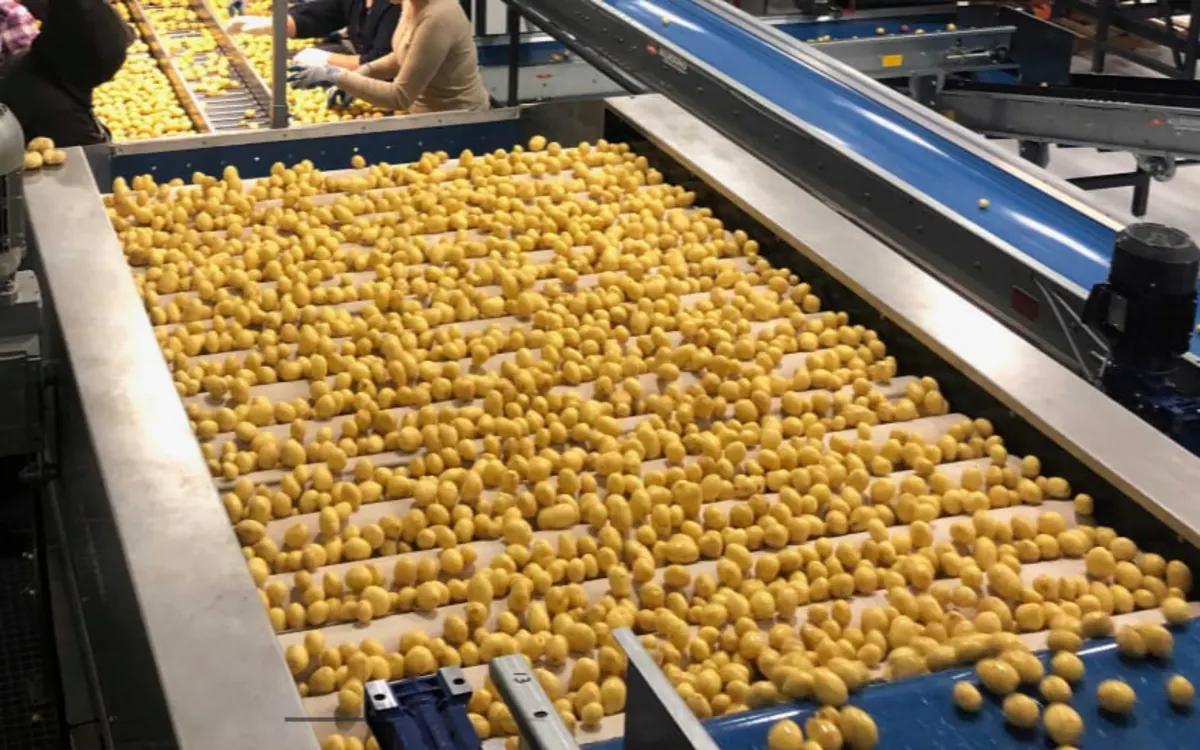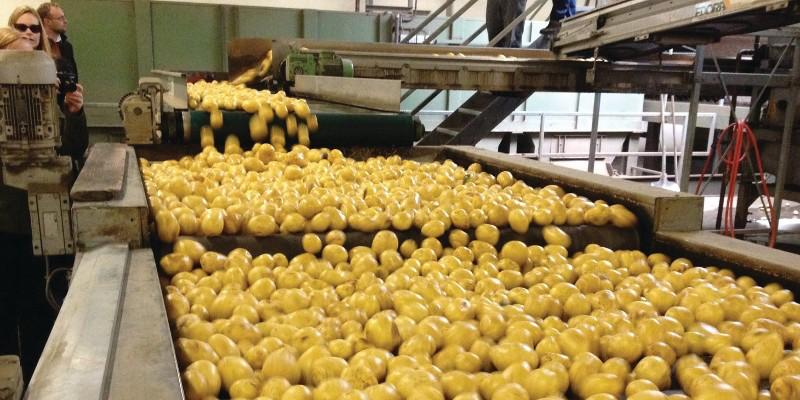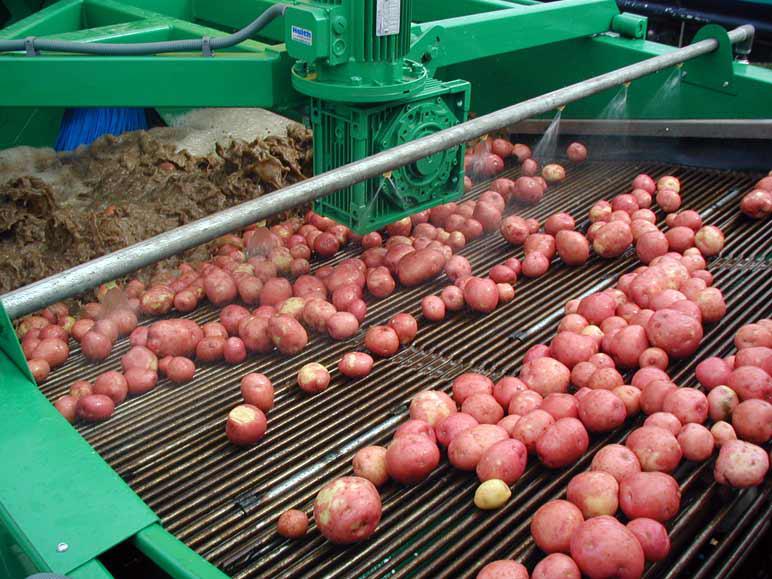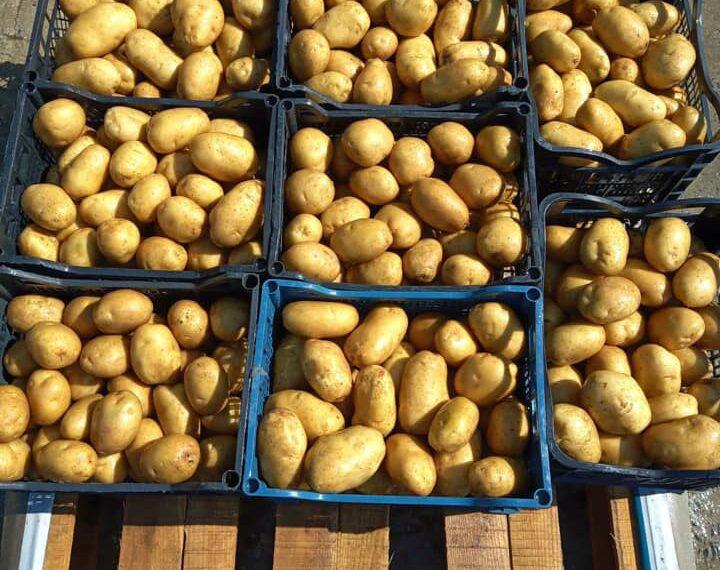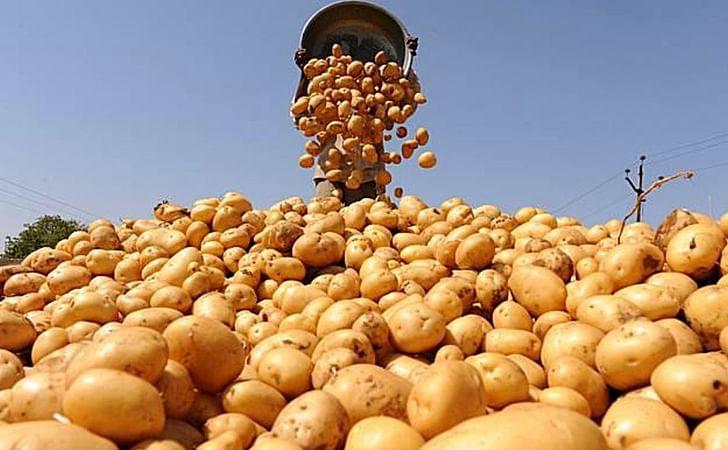
Potato
Product information
Description
Pakistan potato, also known as Pakistani potatoes, are a widely cultivated and highly sought-after variety of potatoes grown in the fertile soil of Pakistan. They are known for their exceptional quality, rich taste, and unique characteristics that set them apart from potatoes grown in other regions.
The cultivation of potatoes in Pakistan has a long history, dating back to the colonial period when potatoes were first introduced by the British. Since then, the potato industry in Pakistan has expanded significantly, with the country now being one of the largest potato producers in the world.
One of the key factors that contribute to the superior quality of Pakistan potatoes is the favorable climate and soil conditions in the country. With its diverse topography and varying climatic zones, Pakistan offers ideal conditions for potato cultivation. This enables farmers to grow high-quality potatoes all year round, ensuring a steady supply for both domestic consumption and export. The potatoes grown in Pakistan are known for their distinct taste and texture. They have a rich, creamy flavor that is cherished by potato lovers around the world. Whether boiled, roasted, mashed, or fried, Pakistani potatoes retain their taste and texture, making them perfect for a wide range of culinary applications. In addition to their exceptional taste, Pakistan potatoes are also valued for their versatility and nutritional benefits. They are a rich source of carbohydrates, dietary fiber, and essential vitamins and minerals. This makes them an excellent choice for a healthy and balanced diet. The popularity of Pakistan potatoes extends beyond the borders of the country, with a growing demand for these potatoes in international markets. They are exported to various countries, where they are used in cuisines, food processing, and even as seed potatoes for local cultivation. To cater to the increasing demand, the potato industry in Pakistan has been steadily growing, with improved farming practices and technological advancements. This includes the use of modern cultivation techniques, advanced machinery, and storage facilities that ensure the quality and freshness of the potatoes are maintained while they are being transported to different parts of the world.
In conclusion, Pakistan potatoes are renowned for their exceptional quality, rich taste, and versatility. With a long history of cultivation and a thriving potato industry, Pakistan has established itself as a major player in the global potato market. Whether enjoyed as a side dish, main course, or a snack, Pakistan potatoes continue to delight taste buds and satisfy appetites worldwide.
Potato, scientifically known as Solanum tuberosum, is one of the most widely consumed and versatile crops in the world. With a rich history dating back centuries, the potato has become a staple food for many nations and is favored for its nutritional value and adaptability in various culinary applications. This article aims to provide an overview of the potato production landscape, top production countries, export destinations, key qualities, government policies, nutritional benefits, harvesting process, multiple usages, land usage, global contribution, and per capita consumption.
Top Production Countries: Potato production is carried out in numerous countries around the globe, but a few nations stand out as major producers. As of the most recent data available, the top potato-producing countries include China, Russia, India, Ukraine, and the United States.
Top Export Destinations: Potatoes are traded on the international market, and several nations are significant importers. The leading export destinations for potatoes are Germany, the Netherlands, Belgium, France, and the United Kingdom.
Top Qualities: Potatoes come in various qualities and characteristics, each suited for specific purposes. Some popular varieties known for their excellent qualities are Russet, Yukon Gold, Fingerling, Red Bliss, and Sweet Potatoes. These qualities vary in terms of taste, texture, and culinary applications.
Government Policies: Governments play an important role in potato production, often implementing policies to support the industry. These policies may include subsidies for potato farmers, research and development programs, infrastructure development, and market regulations to ensure quality and safety standards.
Relation to Human Nutrition: Potatoes are a significant source of carbohydrates, dietary fiber, vitamins, and minerals. They contain essential nutrients, including vitamin C, potassium, and vitamin B6. Potatoes also contribute to dietary fiber intake, which aids in digestion and promotes a healthy gut. However, it is important to note that the nutritional value can vary depending on the method of preparation, as fried or processed potatoes may have a higher fat content.
Harvesting Process and Seasons: Potato harvesting takes place once the plants have matured and the tubers are fully developed. The exact timing of harvesting varies depending on the potato variety and the desired end use. Generally, harvesting occurs between late summer and early autumn. The process involves using specialized machinery to dig up the plants and separate the tubers from the soil. After harvesting, the potatoes undergo a curing process to improve their storage quality.
Multiple Usages: Potatoes have a wide range of uses in culinary applications. They can be cooked in various ways, including boiled, mashed, roasted, baked, or fried. Additionally, potatoes are used as ingredients in soups, stews, casseroles, and salads. They can also be processed into chips, french fries, and other potato-based snacks. Moreover, potatoes are utilized in the production of vodka, starch, and animal feed.
Total Land Used for Potato Production: The total land dedicated to potato production varies globally. However, this versatile crop can thrive in diverse climates and soils, making it adaptable to different regions. Specific figures for land usage can fluctuate annually due to various factors, including changes in demand and cultivation practices.
Total World Contribution to Potato Farming: Potato farming significantly contributes to global food production and the economy. It provides employment opportunities for millions of people worldwide and serves as a means of livelihood for many rural communities. The industry supports farmers, suppliers, processors, and exporters, making it an essential part of the agricultural sector.
Total Amount of Usage per Capita: The per capita consumption of potatoes varies across countries and cultures. Factors such as food preferences, dietary habits, and cultural traditions can influence the amount of potatoes consumed. Consumption can range from moderate to high levels, with potatoes being a staple in many diets due to their versatility and affordability.
In conclusion, potatoes are a vital crop globally, with diverse production countries, export destinations, qualities, and government policies. They offer numerous nutritional benefits,
